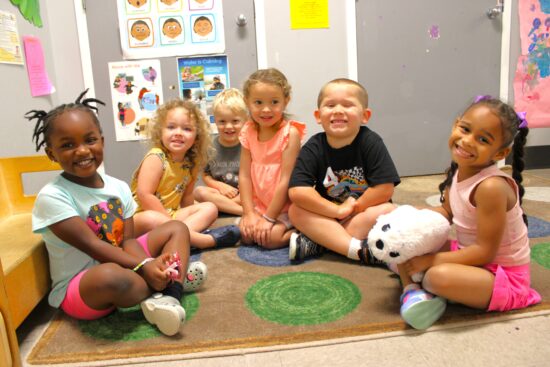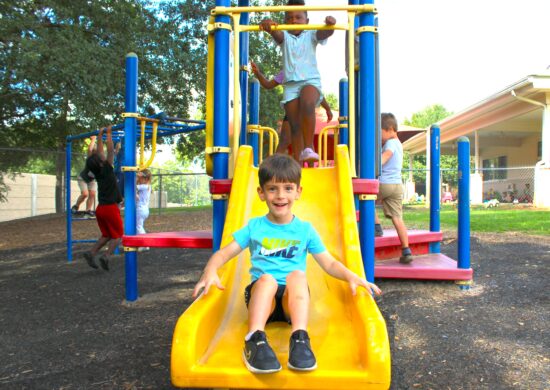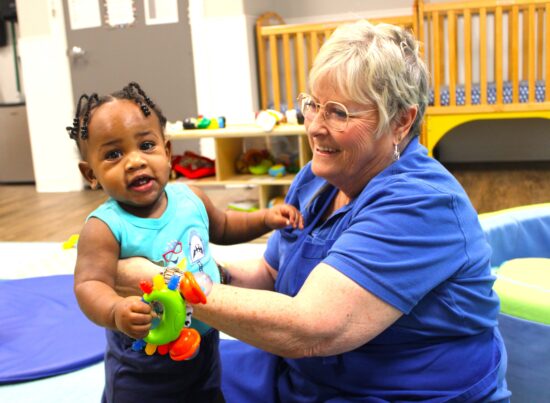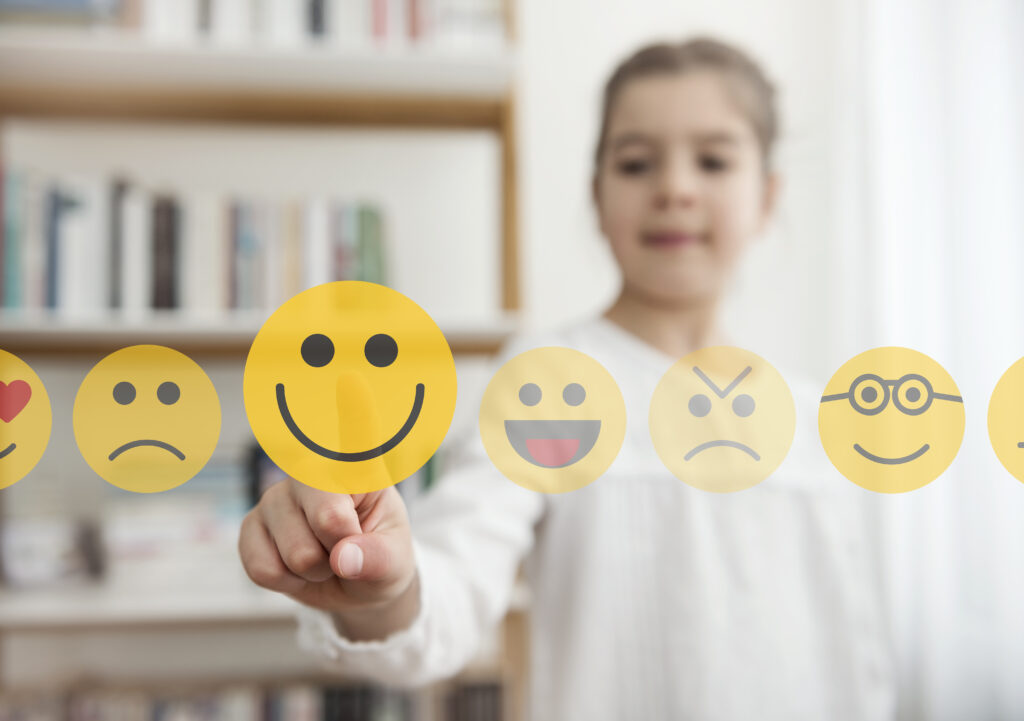Written by: Adrianna Alejandro, Campaign Marketing Manager
One of the most common concerns parents share is: “Will my child make friends easily?” It’s natural to wonder how your little one will adjust to group settings, whether they’ll know how to share, or if they’ll feel confident speaking up. These worries are valid because social skills are not just “nice to have” but essential building blocks for a child’s future.
At Childcare Network, we see every day how strong social skills empower children to thrive. Beyond academics, these skills are what help kids form friendships, navigate challenges, and build resilience for life.
Why Social Skills Matter in Early Childhood Development

Children who develop social skills early on experience lasting benefits. They:
- Form meaningful friendships and enjoy a sense of belonging
- Learn to share and cooperate, even when things don’t go their way
- Express their feelings and needs without frustration
- Gain confidence when speaking in groups, asking questions, or trying new things
Strong social skills also reduce anxiety as children transition into new environments, such as kindergarten. When a child feels capable of connecting with others, the learning journey becomes less intimidating and more exciting.
How Social Skills Develop in Early Childhood

In the early years, children are constantly watching, imitating, and learning. They absorb social cues from adults, teachers, and peers. This is why the classroom is such a powerful environment for growth.
Our teachers carefully model behaviors like kindness, cooperation, and patience. For example, during circle time, children may practice taking turns speaking. During play, teachers gently guide them through sharing toys and resolving disagreements. These daily moments create countless opportunities to learn empathy, teamwork, and self-control.
According to Sr. Director of Education & Family Retention, Tara Franklin, developing social and emotional skills early is essential to a child’s success. “Now, more than ever, children need a strong start with their social and emotional development. These skills — taking turns, naming feelings, solving problems, and building friendships — set the stage for lifelong learning,” she explains.
Tara continues by highlighting how Childcare Network builds these skills into the classroom experience, “Children work and play in groups, practice sharing materials, and learn to use their words to express themselves. Social and emotional skills are also woven into our daily lesson plans with intentional opportunities to practice these skills. Through both hands-on experiences and the guided support of our quality educators, children are provided the tools that fuel their educational wellness and healthy development.”
How Parents Can Support Social & Emotional Growth at Home

Parents are a child’s first teachers, and the habits children see at home matter. Here are simple ways families can encourage social growth:
- Playdates or group activities – Give children practice engaging with peers in different settings.
- Storytelling and reading – Books that highlight friendship and kindness spark important conversations.
- Role modeling – Children notice how parents talk to others, handle stress, and express feelings.
- Games that teach sharing and patience – Board games and team activities are fun practice for real-life situations.
When parents and teachers work together, children get a consistent message about the importance of kindness, communication, and connection. For more practical guidance on supporting your child’s development, the Centers for Disease Control and Prevention (CDC) offers Positive Parenting Tips designed to help families nurture healthy social and emotional growth.
How Childcare Network Helps Children Build Strong Social & Emotional Skills

We know many families worry about whether their child will “fit in” or feel comfortable around others. At Childcare Network, we create a safe, structured environment where children not only make friends but also build strong, positive relationships with others.
Through small-group activities, guided play, and caring teachers, children practice the skills they’ll carry for life: listening, empathy, cooperation, and confidence. Our approach ensures that when your child transitions into kindergarten, they are not only academically prepared but socially ready as well.
If you’re ready for your child to grow both academically and socially, Childcare Network is here to support you. View our programs or schedule a tour today to see how we help children build confidence, friendships, and lifelong skills.



